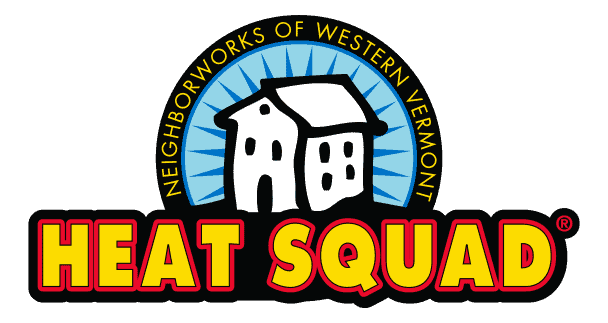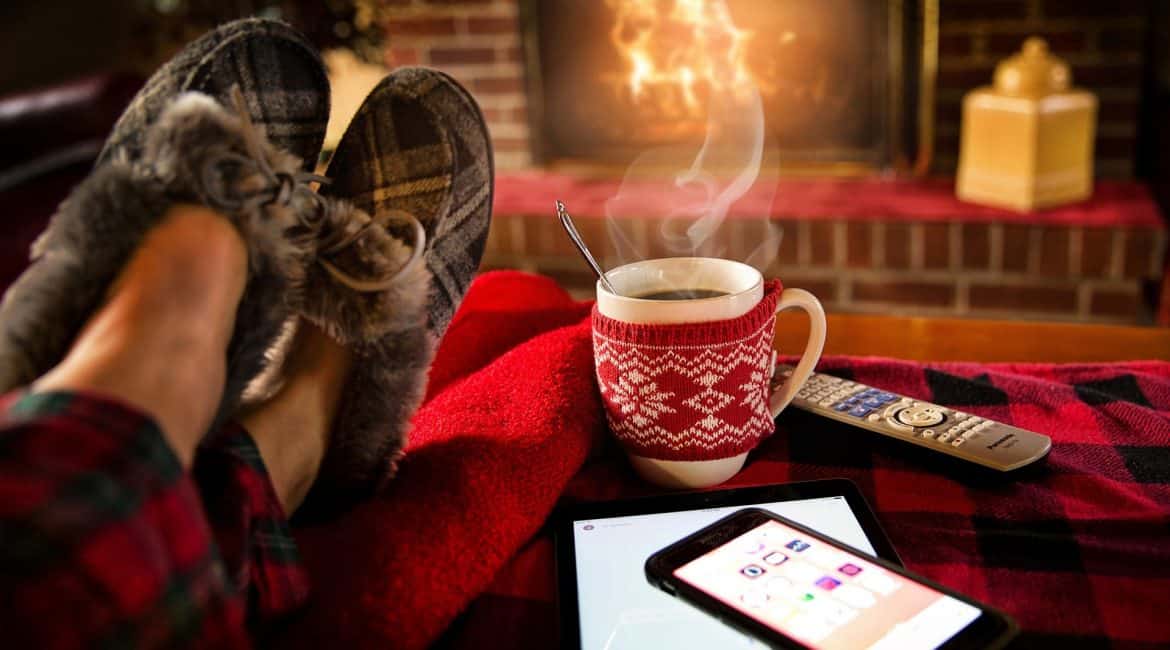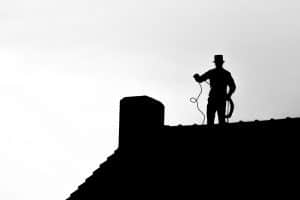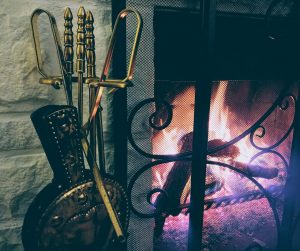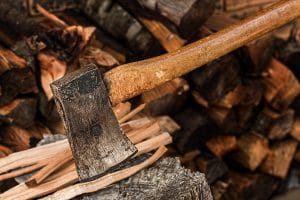Fireplaces, especially in Vermont, are a great way to heat your home and enjoy cozy comforts. After non-use over the summer, it is always good to make sure your fireplace is safe and ready to go before use. Did you know that on average, 40% of house fires each year had a fireplace or chimney involved? To avoid unwanted fires this fall and winter, follow the suggestions below to properly prepare your fireplace.
Clean your chimney
Chimney buildup can be one of the biggest fire hazards. If you use your fireplace frequently, have it professionally cleaned every few years. A chimney cleaner can also inspect your chimney to make sure it is in good condition and will have it free of creosote and soot.
Inspect key pieces
Major things to look at include your damper (this regulates airflow inside the chimney) and your cap (which keeps out rain, animals, and debris). These are things that are good for you to regularly inspect but hiring a professional is a good idea.
Update and prep
Check your fireplace guard for holes, weaknesses caused by burn marks, or cracks and replace it if necessary. Clean out any old ash and prep your kindling and firestarter kit.
Using your fireplace
Be sure that your damper is open before starting the fire. The damper needs to stay open until the fire is completely out, that way you won’t risk smoke entering your home.
Be sure to burn the right wood, you should only burn properly seasoned woods or specially designed fire-logs. If your wood is too green, it will produce a lot of smoke and it will be harder to start the fire.
When you start the fire, use a crumpled piece of paper or a fire starter under some kindling, this will create a small fire. Keep adding wood to keep the fire going. Do not use cardboard! The inks and glues in it can release toxins.
You always need to be safe, make sure your carbon monoxide and smoke detectors work, and always have a fire extinguisher nearby.
Most importantly, never leave the fire unattended!
Be safe during the cooler weather! The tips discussed in this blog should help you be safe and avoid unwanted fires. If you use your fireplace for a primary heat source and feel you could be saving on your energy bills, contact our HEAT Squad for a whole home energy audit at www.heatsquad.org!
Author: Bailey Aines, part-time NWWVT employee.
